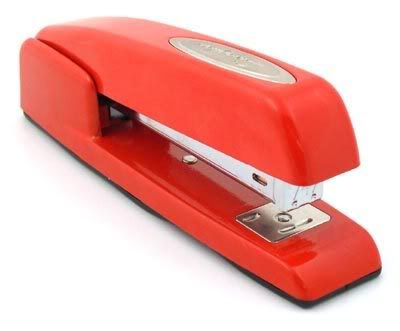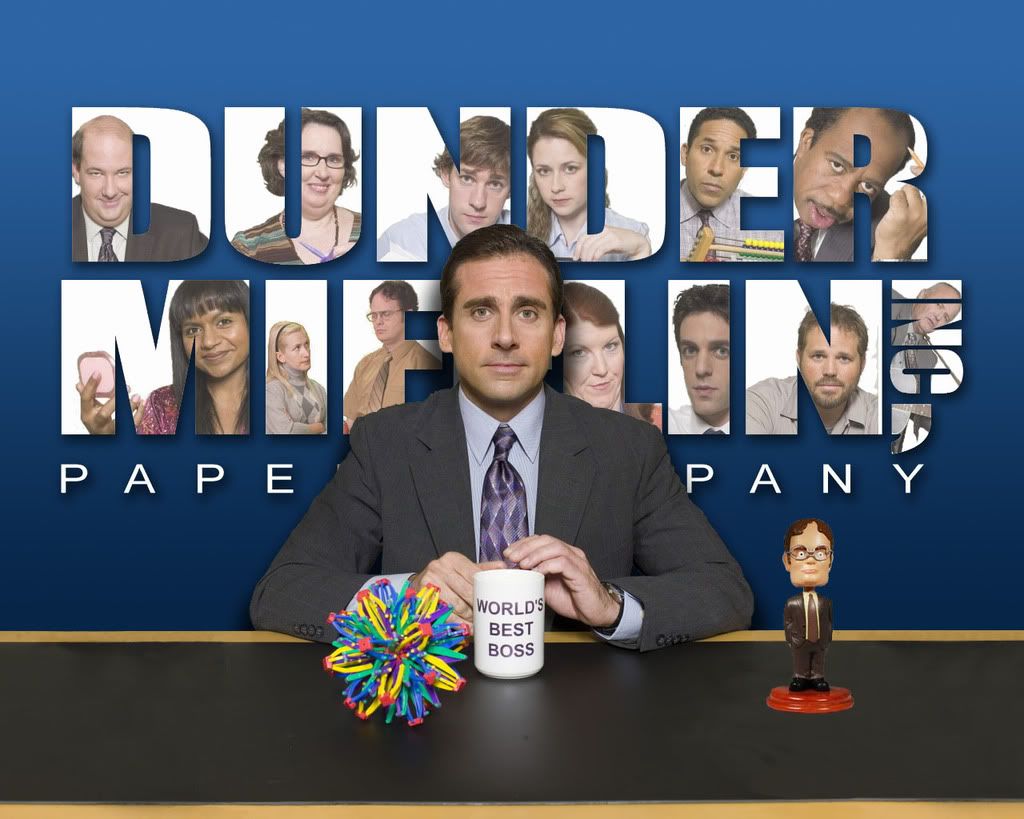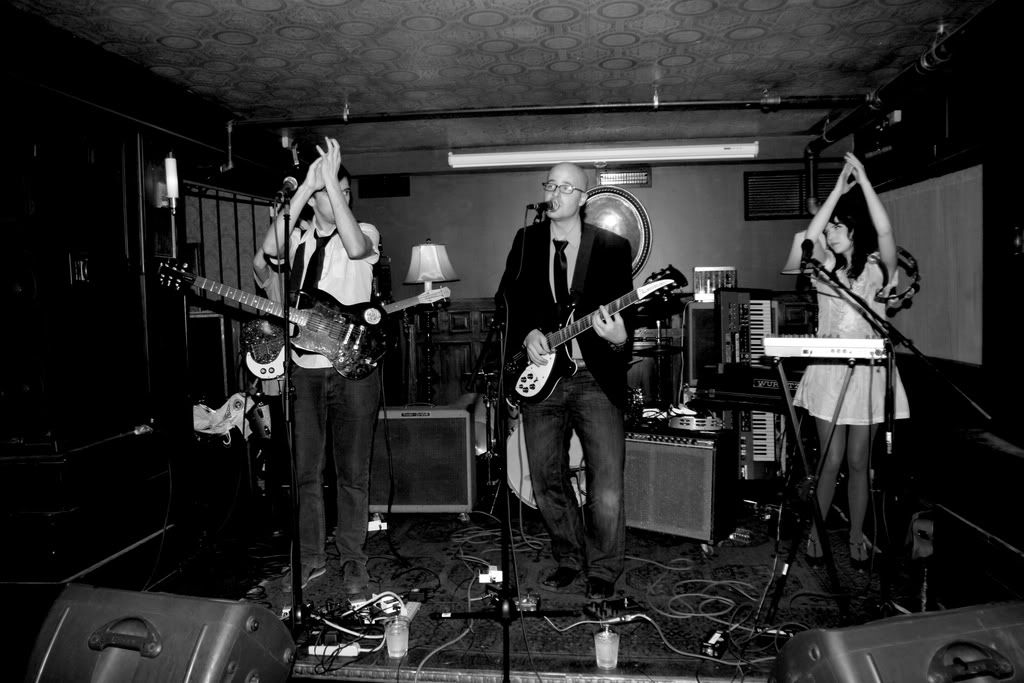
Did you get the memo?
Can you believe it’s been nearly a decade since Office Space? That’s roughly 36 financial quarters of bad Lumberg impressions and Swingline stapler jokes. The unforeseen longevity of a movie like Office Space -– a cynical look at corporate drones -- stuck with the American audience long after its theatre run. Though the defining modern corporate farce is getting old, it seems like “life at the office” has become an increasingly prevalent touchstone. A new breed of unflinching, cynical, critical, tragi-comic and sometimes downright depressing office themed productions have hit a cultural nerve.
There have always been the silly corporate comedies and hyper-real farces a-la Office Space, Dilbert, and (can I throw in) Fred Savage’s short-lived Working, but it seems the new crop of pop-culture corporate landscapes have a biting, sad, desperate underpinning. What’s the deal?
The obvious jumping-off point is NBC’s excellent adaptation of The Office -- a satire that turns a documentary-style camera on the lives of paper salespeople in first-world Nowheresville. It’s a show that’s both funny and melancholy -- simultaneously hilarious and hitting a little too close to home. You’ve also got the inanity of Carpoolers, a silly single-cam show that’s the brainchild of Kids In the Hall graduate Bruce McCulloch. If you flash back 50 years and add some slick suits, the politics, binge drinking and philandering could easily be that of the sloganeering Madison Ave execs of AMC’s period drama Mad Men. 
Elsewhere in the business world, author Matthew Beaumont documents the hilarity of London’s fictional Miller-Shanks office in a story told strictly through exchanged e-mail in e. If the U.K. doesn’t hit close enough to home, local cube dweller Joshua Ferris is getting stellar reviews for Then We Came to the End, a wry comedic novel chronicling the dismantling of a Chicago ad agency.
Of course, I can’t get too far into an office-themed blog without mentioning OFFICE, the group of former Chicago worker bees who produced a killer EP, quit their day jobs, and now professionally churn out bouncy pop tracks with some seriously sardonic underpinnings. Elsewhere in the music world there’s been a huge response to the National's CD, Boxer. The album, with equal parts charm and anxiety, chronicles the Willy Loman-esque slide of a modern corporate worker into a nostalgic shut-in.
So if popular music, books and television are meant as means of escapism, what’s to say for an audience that’s developed an interest in fictionalized versions of working stiffs? Is the emergence of corporate-themed amusements just a mere coincidence, a blip on the radar, or a hint of more to come? Whatever the explanation, the subject matter has resonance and the writing is good, so I will continue to ignore the inherent irony of hanging around the office every week to talk about The Office. -Brian Howe Battle